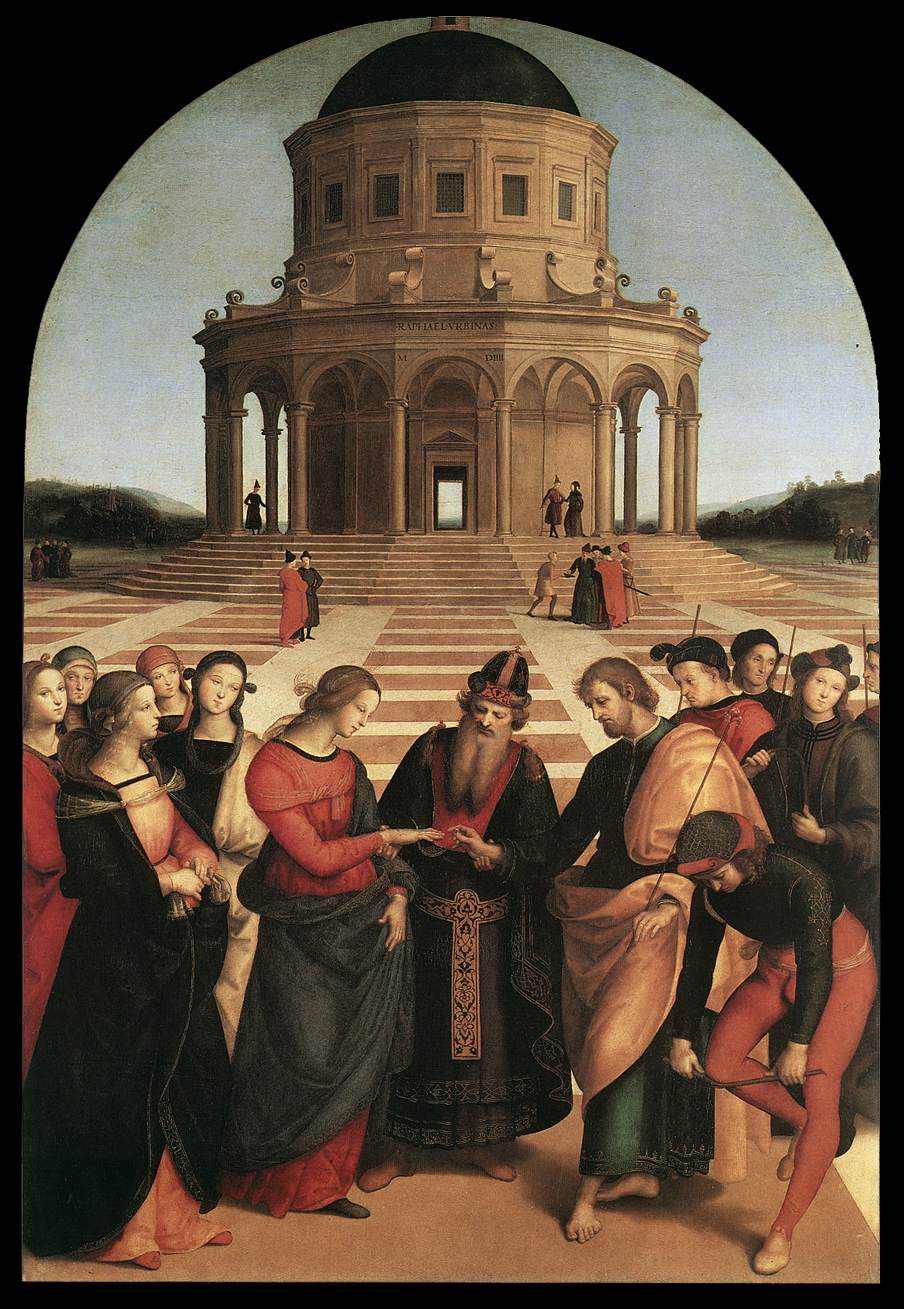On the 131st Anniversary of Pope Leo XIII's Encyclical Arcanum (On Christian Marriage, Feb. 10, 1880)
Lastly should be borne in mind the great weight and crucial test of history, by which it is plainly proved that the legislative and judicial authority of which We are speaking has been freely and constantly used by the Church, even in times when some foolishly suppose the head of the State either to have consented to it or connived at it. It would, for instance, be incredible and altogether absurd to assume that Christ our Lord condemned the long-standing practice of polygamy and divorce by authority delegated to Him by the procurator of the province, or the principal ruler of the Jews. And it would be equally extravagant to think that, when the Apostle Paul taught that divorces and incestuous marriages were not lawful, it was because Tiberius, Caligula, and Nero agreed with him or secretly commanded him so to teach. No man in his senses could ever be persuaded that the Church made so many laws about the holiness and indissolubility of marriage (34), and the marriages of slaves with the free-born (35), by power received from Roman emperors, most hostile to the Christian name, whose strongest desire was to destroy by violence and murder the rising Church of Christ. Still less could anyone believe this to be the case, when the law of the Church was sometimes so divergent from the civil law that Ignatius the Martyr (36), Justin (37), Athenagoras (38), and Tertullian (39) publicly denounced as unjust and adulterous certain marriages which had been sanctioned by imperial law.
22. Furthermore, after all power had devolved upon the Christian emperors, the supreme pontiffs and bishops assembled in council persisted with the same independence and consciousness of their right in commanding or forbidding in regard to marriage whatever they judged to be profitable or expedient for the time being, however much it might seem to be at variance with the laws of the State. It is well known that, with respect to the impediments arising from the marriage bond, through vow, disparity of worship, blood relationship, certain forms of crime, and from previously plighted troth, many decrees were issued by the rulers of the Church at the Councils of Granada (40), Arles (41), Chalcedon (42), the second of Milevum (43), and others, which were often widely different from the decrees sanctioned by the laws of the empire. Furthermore, so far were Christian princes from arrogating any power in the matter of Christian marriage that they on the contrary acknowledged and declared that it belonged exclusively in all its fullness to the Church. In fact, Honorius, the younger Theodosius, and Justinian (44), also, hesitated not to confess that the only power belonging to them in relation to marriage was that of acting as guardians and defenders of the holy canons. If at any time they enacted anything by their edicts concerning impediments of marriage, they voluntarily explained the reason, affirming that they took it upon themselves so to act, by leave and authority of the Church (45), whose judgment they were wont to appeal to and reverently to accept in all questions that concerned legitimacy (46) and divorce (47); as also in all those points which in any way have a necessary connection with the marriage bond (48). The Council of Trent, therefore, had the clearest right to define that it is in the Church's power "to establish diriment impediments of matrimony" (49), and that "matrimonial causes pertain to ecclesiastical judges" (50).
23. (= Denz. 1854) Let no one, then, be deceived by the distinction which some civil jurists have so strongly insisted upon - the distinction, namely, by virtue of which they sever the matrimonial contract from the sacrament, with intent to hand over the contract to the power and will of the rulers of the State, while reserving questions concerning the sacrament of the Church. A distinction, or rather severance, of this kind cannot be approved; for certain it is that in Christian marriage the contract is inseparable from the sacrament, and that, for this reason, the contract cannot be true and legitimate without being a sacrament as well. For Christ our Lord added to marriage the dignity of a sacrament; but marriage is the contract itself, whenever that contract is lawfully concluded....
--------------
Notes:
34. Canones Apostolorum, 16 17, 18, ed. Fr. Lauchert, J. C. B. Mohr (Leipzig, 1896) p. 3.
35. Philosophumena (Oxford, 1851), i.e., Hippolytus, Refutation of All Heresies, 9, 12 (PG 16 3386D-3387A).
36. Epistola ad Polycarpum, cap. 5 (PG 5, 723-724).
37. Apolog. Maj., 15 (PG 6, 349A, B).
38. Legal. pro Christian., 32, 33 (PG 6, 963-968).
39. De coron. milit., 13 (PL 2, 116).
40. De Aguirre, Conc. Hispan., Vol. 1, can. 11.
41. Harduin, Act. Conch., Vol. 1, can. 11.
42. Ibid., can. 16.
43. Ibid., can. 17.
44. Novel., 137 (Justinianus, Novellae, ed. C. E. Z. Lingenthal, Leipzig, 1881, Vol. 2, p. 206).
45. Fejer, Matrim. ex instit. Chris. (Pest, 1835).
46. Cap. 3, De ord. cogn. (Corpus juris canonici, ed. cit., Part 2, col. 276).
47. Cap. 3, De divort. (ed. cit., Part 2, col. 720).
48. Cap. 13, Qui filii sint legit. (ed. cit., Part 2, col. 716).
49. Trid., sess. xxiv, can. 4.
50. Ibid., can. 12.






.jpg)





No comments:
Post a Comment